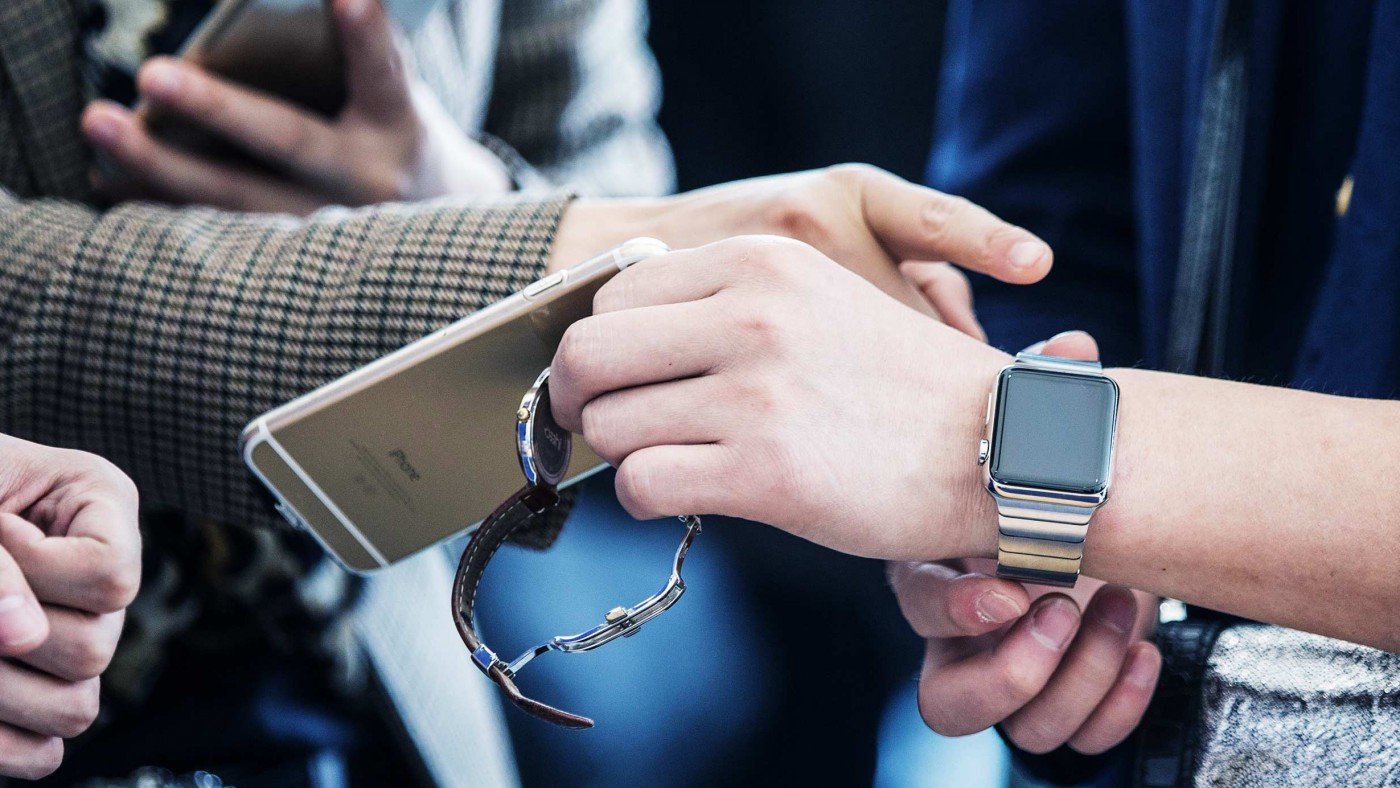There has been a wave of commentary, debate, and downright flaming over the release of much-anticipated Apple Watch. While a new product from one of the most innovative and successful companies in the world does indeed deserve some attention, the sheer magnitude of the response seems a little out of proportion. This is, after all, a device which is already being sold by other brands, and which has essentially the same functionality as every other Apple mobile product.
But if the tech world wants to fixate on this for the foreseeable future, over other new inventions such as smartphone ultrasound machines and aluminium batteries which charge in one minute, I say let them. Your blog, your time, your prerogative.
What I find much harder to understand, however, is the ferocious backlash against Apple for daring to release a luxury product. Examples include Apple Watch: Let’s face it, this is a very stupid idea (“As well as being a useless and expensive iPhone accessory, it may actually be inconvenient, and further alienate those around you”), and this youtube spoof (“I just spent a schoolteacher’s salary on a hunk of mineral that I’m going to wear on my wrist just to prove how much money I have”).
Firstly, yes, the Apple Watch is expensive. It’s really expensive. The cheapest model is priced at $349, while the most expensive gold Apple Watch Edition (which is of course the one everyone is fixating on) is a rather staggering $17,000. And who’s going to spend the cost of a new Audi A1 on a watch?
Maybe the customers of Rolex, Cartier, and Tiffany, to name a few. In fact, Rolex watches can be over $1 million. (I’m sure watches from many other luxury brands also hit the million mark, but they’re far too high-end to advertise their prices on the internet – if you’re asking the price, you can’t afford it.) So far, I haven’t seen any videos ridiculing Rolex for selling ostentatiously expensive products.
So if Apple is far from the only company to offer luxury watches, why the backlash? There could be any number of reasons, but my guess is it’s down to Apple being seen as a mainstream brand. While their computers and phones have always been the costlier option, somehow Apple has worked its way into the hearts and minds of pretty much everyone. Even if you’re a die-hard Android fan or a Windows-user, you’ve probably been touched by it at some point or other. Think about it – how many people do you know who have never in their lives owned a single Apple product? Between iPods, iPhones, iPads and MacBooks, I’m struggling. Maybe what we’re so uncomfortable with isn’t the price-tag itself, but the feeling that Apple is upscaling itself out of our reach.
And here’s why we shouldn’t be worried: Apple products are getting cheaper.
When the first iPod was released in 2001, it had 5GB of storage and cost $399. Today, an iPod nano has 16GB of storage and costs $149. The tiny iPod shuffle is Apple’s cheapest device and costs only $49 for 2GB. Meanwhile the most expensive iPod, the iPod touch, comes with a 64GB option, which, at $299, is $100 cheaper and nearly 13 times more powerful than the original model. And that’s without taking inflation into account, which makes $399 in 2001 worth over $500 today.
Now, there are many reasons for this dramatic price drop, which we’re also seeing in the iPhone and iPad markets. The primary ones are of course better technology and fierce competition. But that would never have been possible if there hadn’t been enough people who wanted the benefits the first iPod offered and were prepared to pay an unprecedented price for it. Part of Apple’s success as a business has been its ability to encourage some consumers to pay more for a type of product, until it can afford to drop the price or release a low-end version. This is how it has managed to capture the mass market, despite relatively high price tags.
Apple is not becoming a luxury brand, at least not entirely. Unlike Rolex, most Apple products remain affordable to the average customer. It’s true that, with the new watch, Apple is chasing a wider range of consumers, from millionaires to college students, but it is not abandoning anyone.
I am certainly not going to spend $17,000 on a gold Apple Watch. I’m not even going to spend $349. But I can still appreciate the people who choose the high-end Apple watch over a Rolex, and by doing so, will hopefully bring the price down in a few years so that even students and school children can afford it (as they can currently afford smartphones and iPods).
So thank you to Apple for the new watch, and thank you to anyone who chooses to buy one for making Apple products affordable for the rest of us.


